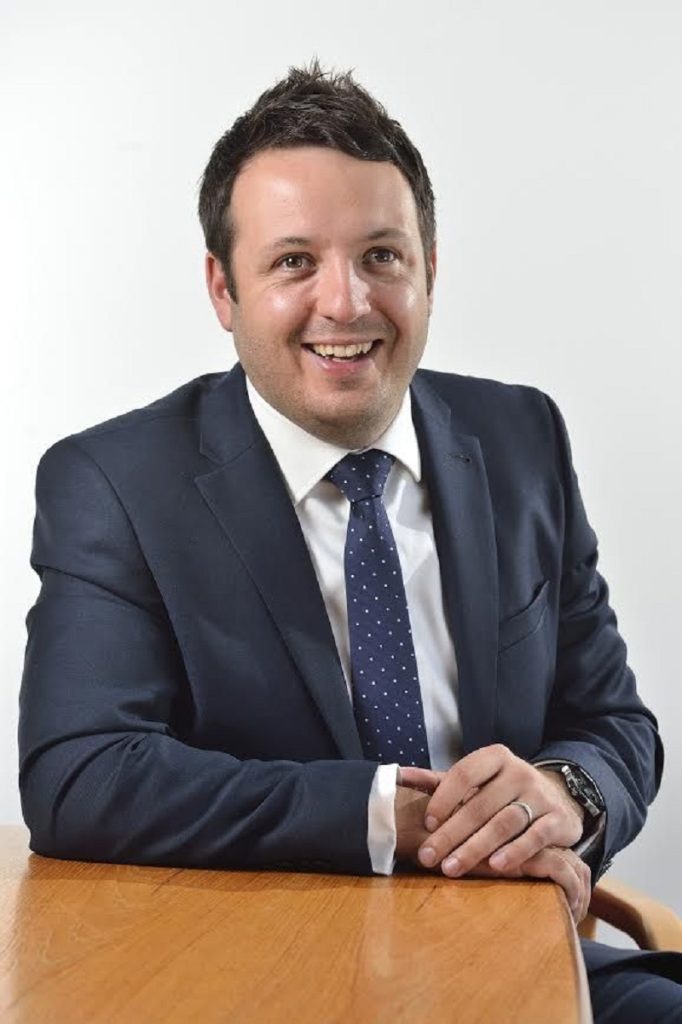Matthew Goff, the Director of Actavo Building Solutions, has been looking into the rise of modular construction. This modern construction technique has now quite commonplace for both public and private developments. governing bodies recognising the benefits for this method of construction could be the reason for its increased use. Offsite construction becoming more widely used in order to save time during construction projects, and modular construction methods being preferred in developments that need to be completed quickly.
Actavo Building Solutions have recently use modular construction for a NHS modular framework valued at £750 million and the Hampshire County Council Southern Modular Building Framework. Compared to typical bricks and mortar building, modular construction is that the manufacturing process has more control involved. With traditional building methods, establishing a consistent level of control over the projects difficult to achieve. The production line that is involved in off site construction means that are more quality control systems used throughout the process.
Actavo has the ISO 9001:2008 accreditation. This certification makes sure that the the business operates under a strict standard of quality management in order to make sure that there is an high level of management and resources. When these accreditations are then combined with the extra control that is given by constructing in a workshop should them mean that the quality of the end project is higher than a building that has been created through traditional building methods.
Inspections are carried out throughout the building process with a final quality check of the building components carried before they are delivered to the site in order to be installed. When the materials reach the site, the assembly of the modular building takes place again in a controlled but simple system. The modular system is fast and efficient, with property being constructed in a matter of days in some cases. If this assembly process were to be reflected in traditional building methods, it would require continuous surveillance.


